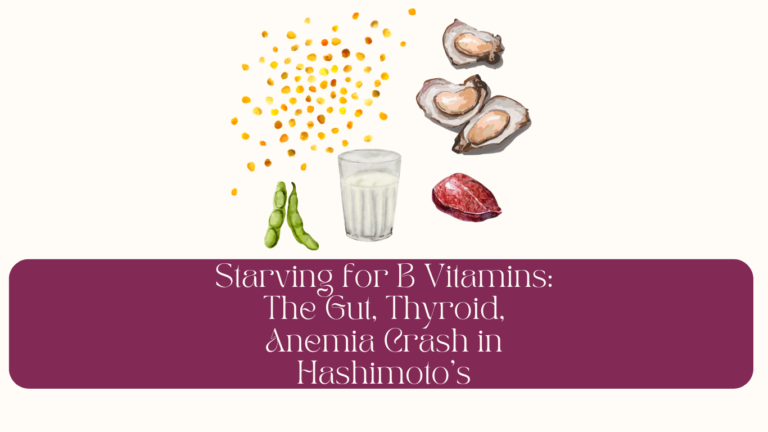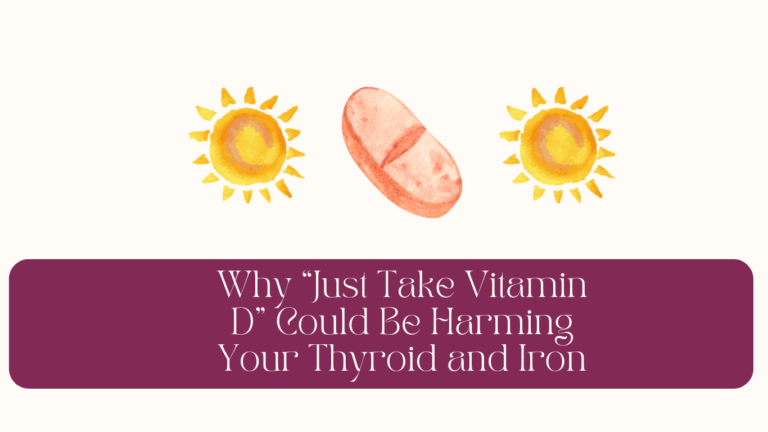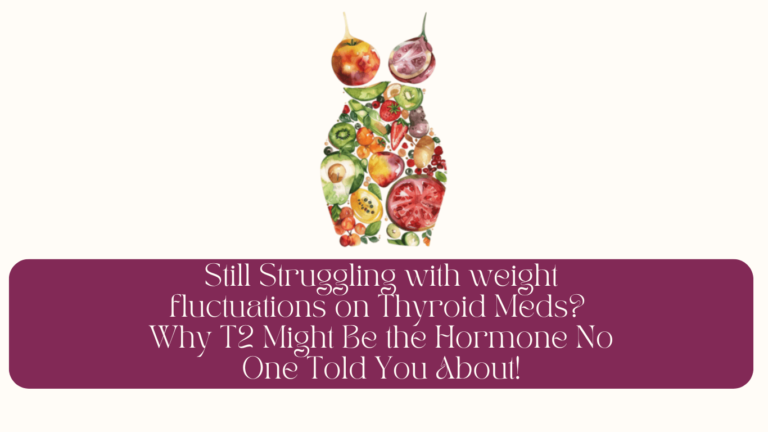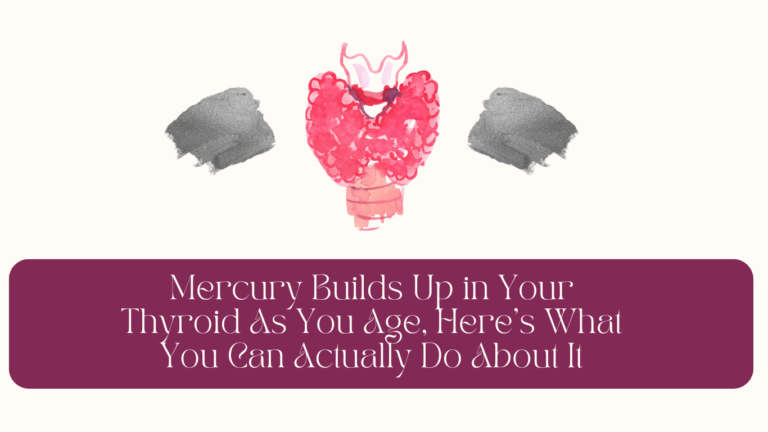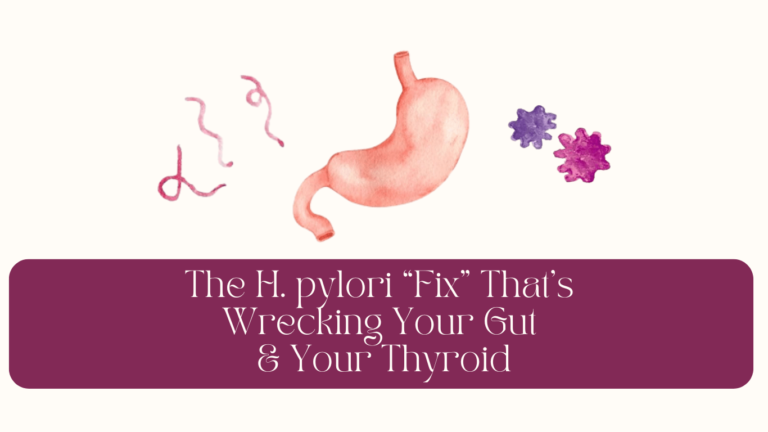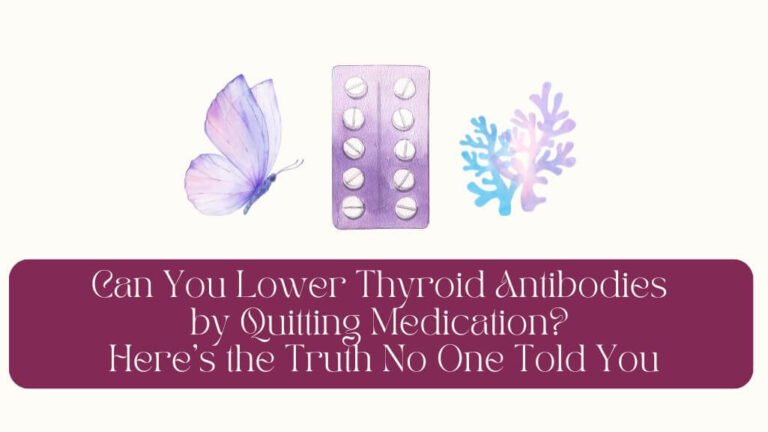Polycystic Ovarian Syndrome is a common condition affecting females, but it is not normal by any means. It is associated with body composition change complaints, male pattern hair deposition, irregular menstrual periods, pain and infertility.
In the 1 Harley Street Nutrition clinic, or online, I help hundreds of individuals a year deal with their pain and fatigue. My speciality is Women’s health, Hormones & Energy, and Polycystic Ovarian Syndrome (PCOS) interplays with all these areas.
Table of Contents
Table of Contents
Menstrual Cycle Reminder to unpack PCOS?
One commonality but not cause or definitive diagnostic marker with Polycystic Ovarian Syndrome (PCOS), is many cysts on an ovary. Lets break down the female menstrual cycle to help comprehension of a cyst.
Follicle stimulating hormone (FSH), is produced by the pituitary which starts the menstrual cycle. Eggs in the ovaries reside in the follicles. 20 follicles are stimulated when FSH is produced, to grow and mature. Then these follicle that are growing release estrogen. This is good as it encourages the thickening of the lining of the uterus and it leads to lutenizing hormone (LH) to be produced by stimulating the pituitary.
Eggs are released when LH is spiked, normally 1 or two eggs. This leads to ovulation. Then when the follicle are no longer producing estrogen drops, and then progesterone rises. This is in anticipation of fertilization, nourishes the uterine lining. Menstruation is effectively when the egg is not fertilized, therefore progesterone and estrogen drops releasing the thickened uterine lining.
Is PCOS just polycystic ovaries?
Natural menstrual cycles result in a dominant follicle releasing an egg each month. Yet in PCOS women, the mature follicle does not receive that signal to release the egg. These eggs that are unreleased are considered a cysts. The more that accumulate, remaining in the ovary, the more cystic the ovary is leading to a higher risk of PCOS symptoms.
One must appreciate that the cause of PCOS is not polycystic ovaries yet these are one of the several symptoms that occur due to the root or underlying cause.
How is it diagnosed?
Diagnosis is confirmed when a few or more of the following is found:
when there are polycystic ovaries seen on an ultrasound, lab tests that indicate excess of male hormones, clinical functional indications and irregular menstruation.
PCOS Symptoms
Patients often have difficulty controlling their weight. They may have signs of male hormone excess, including facial hair growth, while they may have thinning or loss of their regular hair. They often have irregular menstrual cycles, usually far apart, but can include prolonged bleeding as well. They may have adult acne. In addition, they can have more generalized symptoms related to the mechanisms of PCOS, including fatigue, cravings, mood swings.
- Weight Fluctuations
- Hormone Excess
- Excessive Facial Hair Growth
- Thinning & Loss of Regular Hair
- Irregular Menstrual Cycles
- Prolonged Bleeding
- Adult Acne
- Mood Swings
- Cravings
- Fatigue
- Irregular periods
- Skin tags
- Darkening of skin, especially at nape of the neck
- Gray-white discharge of breasts
- Excess weight and inability to lose weight
- Sleep apnea
- Pelvic pain
- Depression and anxiety (1)
Deeper look at symptoms
- Irregular Menstrual Periods – The blunting release of a mature egg and creation of heavy bleeding or spotting is due to high levels of LH due to the disregulation of blood sugar.
- Excessive Hair Growth and Hair Thinning – This is due to increased testosterone levels due to high LH & blood sugar disregulation. This leads to hair on the upper lip due to imbalanced male hormones leads to hair on the chin, the upper back becomes thicker and darker. This also can lead to hair thinning on the scalp in women.
- Acne – This is caused again by excessive androgen hormones like testosterone which leads to sebum production inside the skin follicles and blocks pores.
- Weight Gain – Increased fat storage is caused by poor diet and by high stress (cortisol) and dysregulated blood sugar. You can eat wholefoods but too much sugar and carbohydrates and whilst not be conventionally overweight, struggle with weight gain and these associated symptoms.

Hormone Changes & Body Composition in PCOS
Luteinising Hormone (LT) is produced in more frequent bursts which then leads to testosterone dominance, an excess of testosterone. This can be said to be related to changes in communication between the brain and ovaries. This increase in testosterone, leads to an increased level of organ and abdominal fat, circulating fat, fat cell size and a decreased ovulation which is how it ties in with infertility. This high level of testosterone can cause fat infiltration in the liver, leading to excess glucose production. This exemplifies why it is a vicious cycle as you may not be eating too much high index foods but the hormonal imbalance is creating this blood sugar disregulation further exacerbating the problem.
Conventional Approach
Conventional consultants will tell you the causes are unknown, but treatmnet focuses on wieght loss to reduce heart disease and other complications like diabetes. Whereas a functional nutritionist or naturopath would consider:
- Insulin resistance
- balancing of hormones
- reducing testosterone levels particularly
- aiding fertility
- fatty liver infiltration
- sleep apnea
- diabetes/blood sugar
Contributing Factors
As mentioned above the polycystic ovaries are not the cause but one of the symptoms or contributing factors in PCOS of a deeper root or underlying cause. Lets list a couple of important factors to consider that are part of the larger picture of PCOS.
Estrogen – You may have heard of estrogen dominant? this means where you have more estrogen than its counter part progesterone for most of the month as the levels fluctuate. Essentially meaning that progesterone cannot balance the effects of estrogen that are needed when in balance nbut can quickly be damaging when out of balance. This is one of the reasons women with PCOS or estrogen dominance in general have mood problems, acne, weight in excess and irregular periods.
Luteinizing Hormone – When there are complications with the hypothalamus, it tends to send high levels of LH to the ovaries, this leads to excessive secretion of male hormones due to the stimulation. This excess of male hormones causes acne, anxiety, hair thinning, excessive hair growth and irregular periods.
Insulin – When insulin levels are too high due to blood sugar disregulation and metabolic syndrome, as well as raised cortisol aka stress, the ovaries produce more male hormones. Leading to the same aforementioned symptoms. Cells then no longer respond to insulin secretions, leading to increased insulin levels. The ovaries then secrete more testosterone, leading to more symptoms like weight gain and more insulin resistance increasing this vicious cycle. This then leads to metabolic syndrome, or insulin resistant syndrome and type II diabetes.
Cortisol – Stress raises cortisol which is beneficial, but in excess whether mental, physical emotional or spiritual serious pushes up the cortisol levels throughout the day when it is not ideal. This leads to increasing insulin which comes with the irregular periods, acne, weight gain and excessive hair growth indicative of PCOS.
Testosterone – Elevated male hormones such as testosterone increase insulin levels, which then stimulate the ovaries to produce more male hormones, creating a vicious cycle and leading to many PCOS symptoms.
Hormone disruption
Toxin exposure
Brain/ovary communication imbalance (androgens in excess can make brain less sensitive to hormones such as Estrogen and progesterone)
Inflammation
Poor dietary control
Eating disorders
Functional Approach
The functional approach involved balancing the body systems involved and inspecting what the root cause is as well as tending to the emotional and mental factors women face in these circumstance.
Estrogen Progesterone balance
We need to reduce the excess of estrogen which can be done in a number of ways, as we have learnt a high glycemic load can exacerbate levels, therefore a client personalised diet is crucial to balance blood sugar levels and hormonal balance. This coincides with weight management and satiation. Whilst there is always a big focus on estrogen we cant forget that naturally increasing progesterone will do half the job of balancing estrogen levels.
Gut Health
Ensuring gut dysbiosis is fixed as slow transit time and poor microbiome diversity can lead to estrogen reconjugation into the blood preventing clearance.
Thyroid
The thyroid is also associated and its no wonder its the hormonal powerhouse of the body. Certain markers such as TSH give a lot away and we would strive to balance such markers to optimize the thyroid. It is said to also reduce sex hormone binding globulin (SHBG) which deactivates testosterone, alarm bells should be ringing as to how crucial this is in terms of treatment.
Free radical and oxidative mechanisms lead to inflammation and self destructive tendencies seen in thyroid concerns and particularly autoimmune thyroid.
Toxicity
Exposure to toxicity or hormone disruptors such as chemicals, mould or heavy metals can be linked to PCOS. We want to reduce the overall burden to aid management of the condition. This toxicity will cause imbalances in hormones and lower immunity. Heavy metals can also be associated with insulin resistance possibly due to the oxidative damage and cortisol released.
Mental, Emotional, Spiritual
Mental, Emotional & Spiritual factors
The aforementioned information cover the conventional and functional naturopathic view on PCOS. Yes we all agree its due to hormonal imbalance and flow, but what do the ancient holistic practitioners say? Its to do with blockages, cold and dampness. Yes it can be physical (biological), or energetic (spiritual). The holistic view is that whilst the world is big on genetics, its more of a cellular memory or a localised collective conscious situation that you and you family are going or living through, and you can break away from that. Whilst there may be a pre-disposition you can reprogram yourself and change your belief system.
*Disclaimer* My lifes work is to help empower women to take back control of their health and wellbeing. I am not intending to or qualified to speak on larger issues of what it means to be a woman or female from a societal or strictly scientific standpoint, yet to share ideas from a more holistic outlook. As we continue to dive deeper and cover the area of body images and or femininity, please be aware that I am not suggesting there is a correct or incorrect way to view oneself, nor am I suggesting there is a correct or incorrect sense of femininity. The points we will raise below is about blockages and disconnection from the source of ones female essence and its deep rooted connection to nature. It has nothing to do with societal norms or conventional views on femininity, which tends to be dictated by popular culture. The only area society does mesh in this area is the current state and affairs of work life.
Sometimes woman’s body image is part of the rooting given societies standard’s these days. How does she feel about being a woman? is there a lack of comfort with her femaleness? what is her view of herself? Is pain the womb crying out for some attention? are the cries in the form of (pain, irregular cycles, PCOS, endometriosis, fibroids, uterine cancer, fertility issues) society certainly does not take into account womens cycles or energy patterns.
Traditionally women may have been more in touch with their wombs in the sense of the cyclical nature of it given that society was very different and we were all connected with our bodies and natures much more than in metropolitan cities with certain work cultures (think male terms of work) based on hustle and overwork. There is a knowledge of ebb and flow of energy, the rise and fall of emotions, as well as the cycle dictating changing needs as well. Therefore female expression is key not be misinterpreted with conventional standards but rather a connection to the feminine within, not the superficial factor of colors or clothing or roles.
Treating menstrual dis-ease with allopathic medicine seeks to deal with the symptoms and not the cause. The effect is an improvement in the short-term with an eventual re-emergence of symptoms over time. Accepting the cycle, living within its energies, honouring the flow is to work towards true female wellness and strength. In practice this looks like conversations on this topic if comfortable, and tools, activities, exercises and meditations to help reinforce and strengthen that connection. It also does not mean having to be a stay at home wife to balance hormones, or give up your dreams, leave your job or change your views, its rather a re-connection and a balancing act of juggling the more YANG societal norms with the more YIN internal balance of a woman.
The functional approach would cover all the factors above, based on the intake forms, history and consultation, we would work on what area seems to be most in need and take it from there. This is an attempt to not just deal with symptoms, which leads to possible short term gains and emergence of symptoms long term. Encompassing the nutritional factors above and coupling it with the emotional factors of learning to live with the cycle of energies, accepting the cycle, and honouring the flow to empower ones innate female strength, power and wellbeing.
1 to 1 professional support?
Whilst knowledge is power, sometimes we cant do it alone, either there is too much information, we need someone to coach us, we dont even know exactly what our issue is, or we are dissatisfied with the service of the consultants we have seen thus far. If this sounds like you, worry no more and get in touch.
It is assumed a nutritionist will force someone on a diet, this could not be further from the truth. Rather we work to change how you perceive and eat food, learning about its many healing properties to lead to long term sustainable positive change in your health and well-being.
I will assess your overall health including your medical history
Looking into lifestyle & emotional factors that most practitioners wont
Individualize the protocol to implement suitable changes for you
You will be sent a bespoke eating plan
You will be sent a bespoke therapeutics plan if needed
Lab testing will be recommended if necessary
Finally follow up or pay-as-you-go appointments enable you to get the hands on one to one coaching with me throughout the healing journey
Book a free call now on my calender booker




